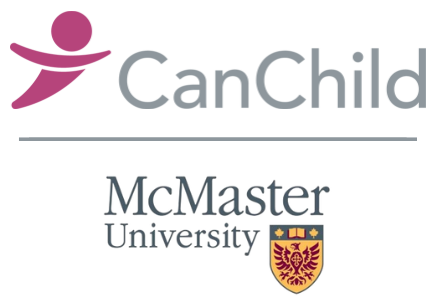Discover CanChild
Dr. Cheryl Missiuna
Emeritus

Biography
Dr. Cheryl Missiuna is an Emeritus Professor in the School of Rehabilitation Science, and a Scientist at CanChild, McMaster University. Former director of CanChild (2006-13) and past holder of the John and Margaret Lillie Chair in Childhood Disability (2014-19), Cheryl’s background is in occupational therapy with graduate degrees in educational psychology and special education. Her recent research at CanChild included leading the Partnering for Change project that evaluated an innovative model of rehabilitation services for children with disabilities in school settings in Ontario. Working with an interdisciplinary team of researchers, Cheryl contributed leadership in the development of the Facilitating Integrated Rehabilitation Services through Training (FIRST) Course. For over 27 years, Cheryl has contributed expertise regarding the early identification and prevention of secondary consequences in children with developmental coordination disorder (DCD), as well as in the development and evaluation of online educational resources for parents, educators, physicians and service providers. Cheryl is a co-developer with Nancy Pollock of the Perceived Efficacy and Goal Setting (PEGS) System and continues to engage actively in other research projects designed to improve the delivery of evidence-based rehabilitation services for children with disabilities in school settings.
Area of Focus
Early identification and management of children with developmental coordination disorder (DCD), Innovative models of service delivery for school-aged children with disabilities, Knowledge translation
